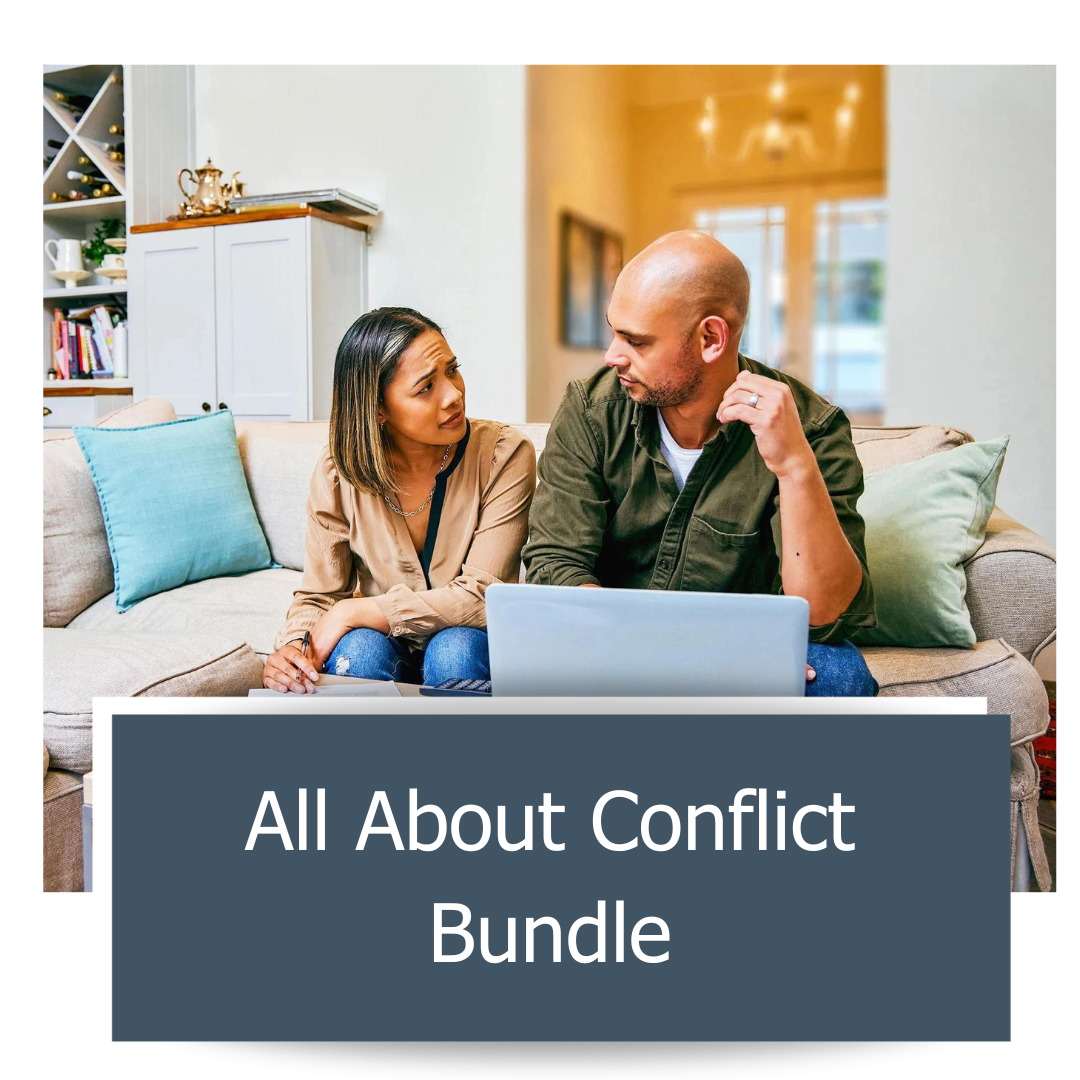The Gottman Method pulls from more than 40 years of relationship study by Dr. John Gottman. Along with his wife Dr. Julie Schwartz Gottman, they found the keys to long-lasting relationships with significant emphasis on how couples navigate conflict. This means, if you want to stay together for the long haul, you have to learn how to talk to each other when you don’t agree.
Based on their findings, here are four signs that the way you fight is hurting your chances at a healthy partnership.
You’re critical
Criticism strikes at the character of your partner. It feels like a personal attack. Whether or not it’s intentional, when you’re critical, you take your anger off of the situation or the issue and aim it at your partner. The target becomes who your partner is as a person.
Examples of criticism are:
“You never help around here.”
“You’re always taking her side.”
“Why can’t you be more thoughtful?”
You’re mean-spirited
Drs. John and Julie Gottman call this contempt. It’s when you are disrespectful and purposely hurtful. Caught up in the emotion of the moment, you engage in name-calling, ridicule, mocking, and other harmful forms of communication that are meant to bully your partner into your way of thinking.
Examples of contempt are:
“It’s like I’m talking to a child.”
“How could you be so stupid?”
“You’re an idiot.”
You’re on the defense
While it’s a natural response to criticism, defensiveness signals to your partner that their concerns don’t matter. Especially when being defensive is your go-to response to any request or bid that your partner makes, it comes off as self-centered.
Let’s assume your partner asked why you haven’t mowed the lawn yet. Examples of defensive responses could be:
“Why are you nagging me about the lawn? You know I have a million things to do.”
“I said I’d get to it. Leave me alone.”
“Oh, like how you were supposed to vacuum the living room yesterday?”
You check out
As opposed to hurling insults or making personal digs, you can swing in the opposite direction and simply shut down. The Gottmans call this “stonewalling” and it takes many forms—one of which is going silent. While it can be a natural response to feeling physiologically flooded, you’re reluctant to engage with your partner, which also means you’re resistant to any repairs.
An example of this when you’re arguing with your partner and they stop talking. They stop looking at you and they stop responding. They seem eager to end the conversation and move on to something else (or move away). This shutting down shuts the other person out and effectively hurts the connection between you.
The Four Horsemen
Collectively, these conflict styles that can hurt relationship health are known as the Four Horsemen, and their on-going presence in conflict can rip at the very fabric of your relationship. However, they don’t spell doom for your future if you work on them.
Learn ways to combat these dangerous conflict styles with the Gottman Relationship Coach: Dealing with Conflict.
If you are not sure where to start improving your relationship and are looking for a personalized plan based off your unique needs, the Gottman Relationship Adviser is for you. This world’s first proven solution to relationship wellness takes the guesswork out of a great relationship. Measure your relationship health with a research-based self-assessment, then receive a tailored digital plan proven to heal and strengthen your connection.
Looking for a live experience with Gottman certified professionals? Check out our 2-day virtual Art and Science of Love workshops. As always, if you need personalized one-on-one help, look for a Gottman-trained therapist in your area. Many have telehealth services to meet you where you are.
You Might Also Like

Sign Up and Elevate Your Relationship in Just 60 Seconds
The Marriage Minute is an email newsletter from The Gottman Institute that can improve your relationship with a digestible, bi-weekly dose of helpful tips and tricks. Over 50 years of research with thousands of couples has proven a simple fact: small things often can create big changes over time.










